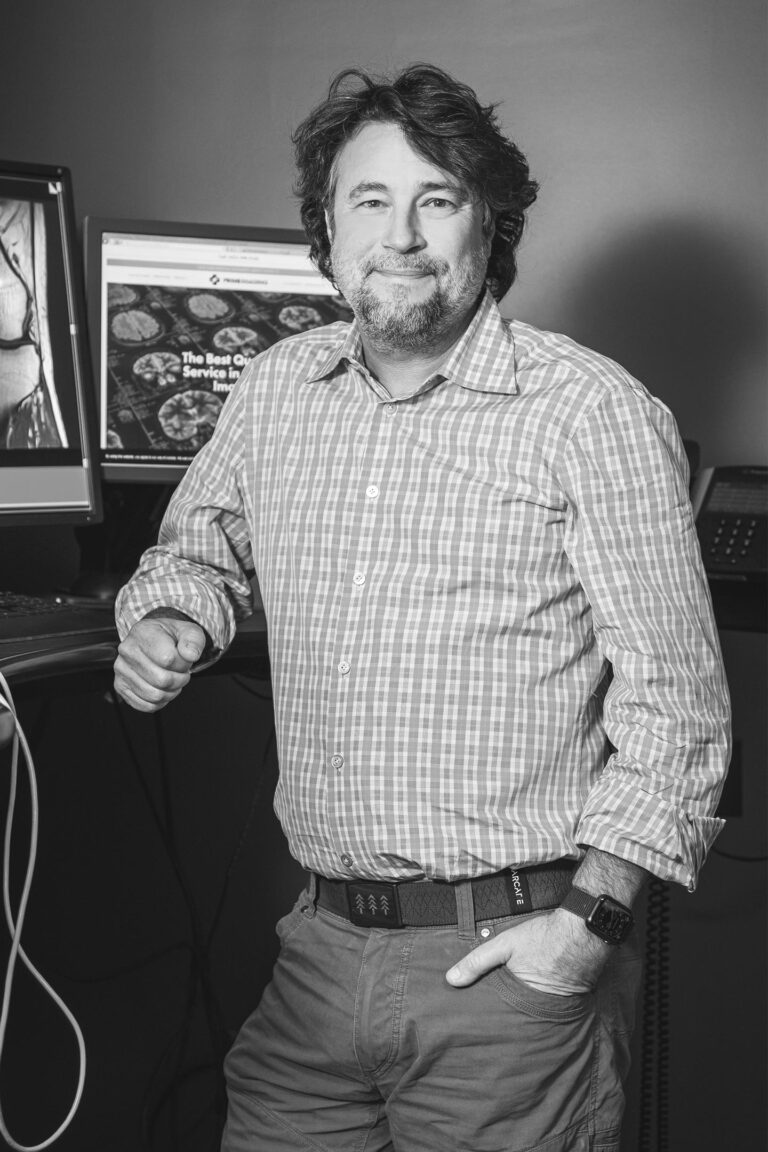PrimeImaging
Combining Exceptional Care
with Top Technology
According to Dr. Jim Busch, his practice at PrimeImaging allows for many rewarding professional moments. “That’s the main reason I chose to practice interventional radiology – I’m blessed to be able to provide a good patient outcome or cure with minimally invasive techniques,” he explains. “For example, I have been able to treat cancers of the liver, lung, or kidney in a single setting with the patient returning home within hours, having a high probability of local control and – depending on the cancer stage – a cure.” One of his favorite moments? That would be the time he ablated a cancer patient’s kidney, allowing him to return home following the procedure and play a round of golf the next day. “He played 18 holes, and his kidney cancer never returned,” Dr. Busch shares.
At PrimeImaging, we are 100% outpatient-focused, which allows us to provide convenient high-quality and low-cost care to our patients."
My Credentials
Doctor of Medicine Degree:
University of Tennessee College of Medicine – Memphis, TN
Fellowship and Residency:
Beth Israel Deaconess Medical Center, Harvard Medical School – Boston, MA
Certifications:
Board-Certified, The American Board of Radiology
U.S.M.L.E. Certification
Recognitions:
RSNA: Roentgen Resident/Fellow Research Award, 2004
AOA: Alpha Omega Alpha, 1997 – Present
My Specialties
Vascular and Interventional Radiology
Musculoskeletal Radiology

1. What do you love most about your profession?
I enjoy the broad variety of patients that we see on a daily basis, ranging from athletes with sports injuries to those needing cancer care.
2. What is your best advice for patients?
Seek out authentic medical information about your condition, and do not be afraid to get a second opinion. That knowledge helps to make a better decision in your care.
3. What do you see as the most exciting new development for your profession?
The advancements in prostate cancer care. Cutting-edge 3T MRIs are now able to boast a 96% detection rate in significant prostate cancer, which is compared to a PSA blood test detection rate of 55%. There have also been advances in classification/staging of the disease, which have led to better therapies or more targeted interventions.
4. What's the key to making a great first impression?
I think you need to be genuine and allow the patient to ask questions.
5. How does your staff enhance your practice?
At PrimeImaging, we take a team approach, which I believe improves our patient outcomes.

